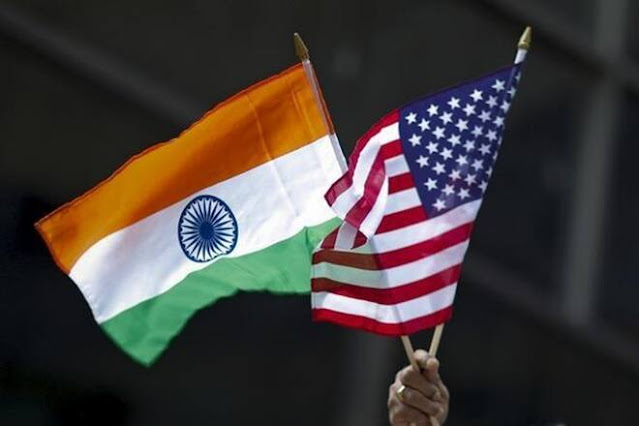The Indian-American community has emerged as a significant force in American society, with a population of over 4.1 million and a growing presence in various sectors. This influential community has gained further prominence with 130 Indian-Americans occupying key positions within President Joe Biden's administration. In this article, we delve into the reasons why Indian-Americans matter and the impact they are making in shaping America's political landscape.
Population and Demographic Strength:
With a population of over 4.1 million, Indian-Americans constitute a
sizeable and rapidly growing community in the United States. This demographic
strength provides them with the potential to make a substantial impact on
American politics. As the community continues to expand and diversify, their
collective voice becomes more influential, enabling them to effectively
advocate for their interests and concerns.
Professional Achievements and Expertise:
Indian-Americans are highly regarded for their professional achievements
and expertise in various fields. They have made remarkable contributions to
sectors such as technology, medicine, academia, finance, and entrepreneurship.
This wealth of talent and knowledge positions Indian-Americans as valuable
assets in policymaking and advisory roles. Their expertise helps shape
policies, especially in areas such as innovation, healthcare, and economic
development.
Read Also: Assessing President Biden's Age: Is He Too Old to Run for Re-Election in 2024?
Political Representation and Leadership:
Indian-Americans have made significant strides in political representation,
both at the local and national levels. The 2020 US elections witnessed a record
number of Indian-American candidates running for office. Additionally, the
appointment of 130 Indian-Americans in the Biden administration reflects the
recognition of their capabilities and the importance of diverse perspectives in
governance. This increased political representation allows Indian-Americans to
influence policies and advocate for issues that resonate with their community.
Bridge between Two Nations:
Indian-Americans act as a bridge between India and the United States,
facilitating stronger ties and collaborations between the two nations. As
India's diaspora in the US, they play a vital role in fostering cultural
exchange, trade partnerships, and diplomatic relations. Their understanding of
both countries' cultures, languages, and values enhances mutual understanding
and enables effective communication at various levels.
Social and Community Engagement:
Indian-Americans are actively engaged in social and community initiatives,
working towards the betterment of society. They establish organizations,
associations, and foundations that cater to various causes, including
education, healthcare, women's empowerment, and philanthropy. Their dedication
to community service not only benefits Indian-Americans but also demonstrates
their commitment to the broader American society.
Read Also: Donald Trump Indicted for the First Time: A Landmark Moment in US Politics
Representation of Diversity:
The Indian-American community is diverse in terms of religion, language,
and regional backgrounds. This diversity contributes to a multifaceted
representation within the political sphere, ensuring a broader range of
perspectives are taken into account when crafting policies. Indian-Americans
bring their unique experiences, cultural values, and historical perspectives,
enriching the political discourse and fostering a more inclusive democracy.
The rising influence of Indian-Americans in American politics is a testament to their achievements, expertise, and commitment to public service. With a growing population, increased political representation, and the appointment of Indian-Americans in key positions within the Biden administration, their voice and impact continue to expand. As the community strengthens its presence, Indian-Americans will play a pivotal role in shaping policies, fostering collaborations between nations, and contributing to the diverse fabric of American society.




